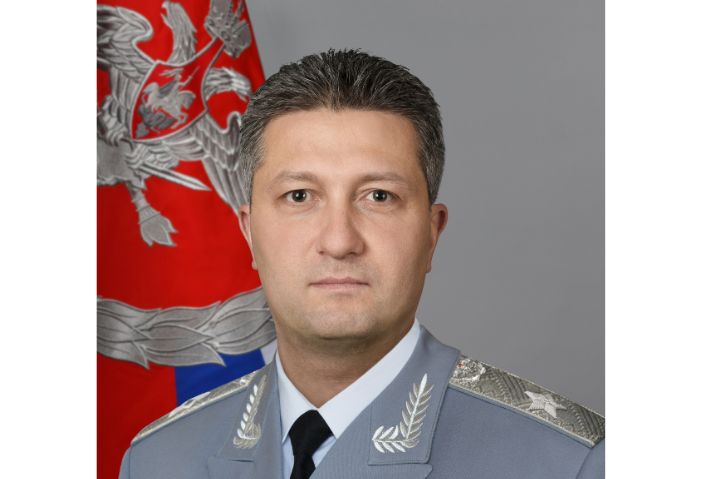In a dramatic development that reveals the inner turmoil within Russia’s military hierarchy, British intelligence reports indicate a continued crackdown on corruption among senior defense officials. This sweeping initiative aims to address pervasive embezzlement that has plagued the Russian military, particularly as the country grapples with the financial strains of its ongoing war in Ukraine.
The UK Ministry of Defense highlighted a notable case on October 7, 2024, involving former Deputy Defense Minister Timur Ivanov, who now faces additional charges related to alleged corruption. Previously charged in April 2024, Ivanov is accused of embezzling a staggering 200 million roubles (approximately $2 million USD) during the procurement of two ships for the Kerch Strait ferry line—vessels that have since sustained damage due to the war. Furthermore, he faces allegations of misappropriating 3 billion roubles (around $200 million USD) from Interkommerts bank while overseeing questionable foreign currency transactions.
The intelligence analysis suggests that these charges are part of a broader initiative to cleanse the military ranks of corrupt officials. Reports indicate that eight officials holding general officer ranks have been dismissed from key agencies, including the Investigative Committee and the Ministry of Emergency Situations, raising speculation that impending corruption charges are on the horizon for these high-ranking individuals.
“This potential indicator hints at a significant shift in the Kremlin’s anti-corruption strategy, expanding its focus beyond just the defense sector,” the report concluded. The implications of this crackdown extend beyond mere personnel changes; they reflect a desperate attempt by the Russian government to curb financial malfeasance amidst a costly military campaign that has strained national resources.
Previously, British intelligence noted that the Russian army’s struggle against corruption is a response to the urgent need to prevent further siphoning of budget funds as it continues its full-scale invasion of Ukraine. As Ukrainian forces persist in their offensive operations, undermining Russia’s military capabilities, the Kremlin’s internal strife becomes increasingly apparent.
As this drama unfolds within the Russian military, the question arises: can the Kremlin effectively root out corruption at such high levels while simultaneously managing the ongoing challenges on the battlefield? The outcome of this internal purge may hold significant consequences for the future of Russia’s military effectiveness and its political stability.












